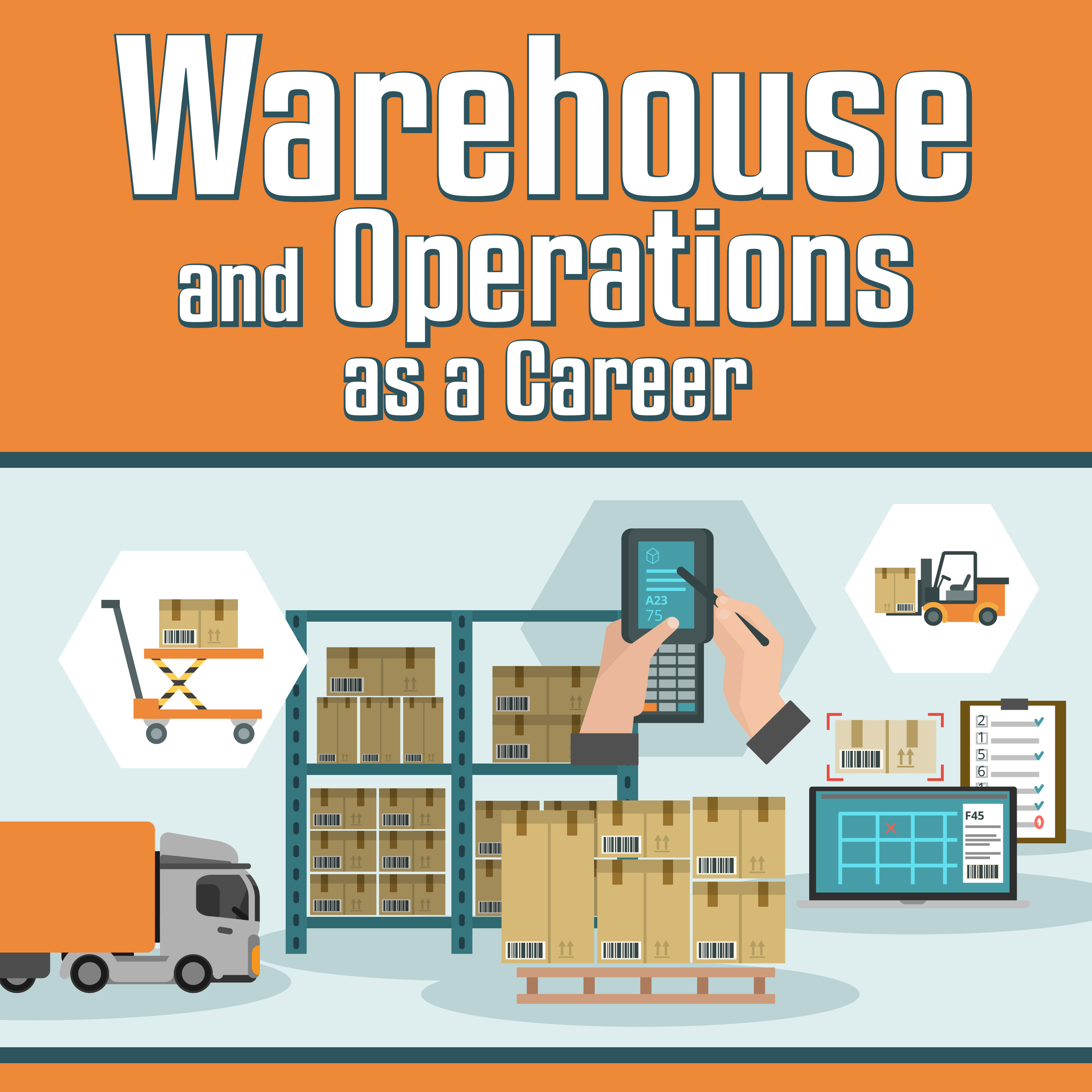A Few Things We Need to Know & Should Ask About as New Hires

b'Thanks for stopping in today with us here at Warehouse and Operations as a Career, I\\u2019m Marty and I hope you enjoy today\\u2019s episode and something we talk about here will bring some value to your Career! We\\u2019ve had some really good topic suggestions and questions over the last several weeks, and we\\u2019ll try and talk to all of them this quarter, and keep them coming in, email host@warehouseandoperationsasacareer.com with your thoughts, we love all the sharing that\\u2019s going on! I attended a class that was presented by our WAOC Safety friend Joe this week on Blood borne Pathogens and it got me thinking about the different Orientations we go through as applicants which made me think of all the things us as warehouse or Operations Associates really need to know to advance within our Careers! I know we talk a lot about what companies do, or should be doing and teaching us as new hires, but being honest I\\u2019m hearing and finding that some hiring agents are prone to just plug us in and point to our task. I don\\u2019t feel that really helps them as employers and I know it doesn\\u2019t help us as employees with our long term Careers.
\\nIf you\\u2019re a weekly listener you know how I feel about Operations, what other industry can offer so many positions and opportunities for us to advance. I\\u2019m sure I\\u2019ve mentioned it before but I know many many individuals that started out in a general labor position and worked their way up and into another field or department or are now leading their Op\\u2019s teams as VP\\u2019s, General managers or Presidents of their Organizations. Several of my warehousing peers branched off into merchandising, accounting, building maintenance and transportation. I know one guy that left the warehouse for a career in procurement and then on to run his own house as its President! Anyway, today let\\u2019s do a little of that self-education I\\u2019m so fond of and talk about some of the things our bosses should teach us and help us with!
\\nSo Joe\\u2019s blood borne Pathogen class taught me to think and plan ahead, I guess to be prepared is a good way to say it right?
\\nHe explained, and I summarize here of course:
\\n29CFR1910.1030 applies to all occupational exposure to blood or other potentially infectious materials. Occupational Exposure means reasonably anticipated skin, eye, mucous membrane etc type contact with blood or other potentially infectious materials that may result from the performance of an employee\\u2019s duties. It\\u2019s important for us to know that Human Blood can contain many different pathogens, which means organisms that cause disease, including: Hepatis B, Hepatitis C and the HIV virus. Exposure can take place either by getting stuck with needles or something sharp or from a splash of blood to the face, eyes or other mucous membranes or even exposure to our hands when we have cuts, scratches or their chapped even.
\\nThe job of cleaning up a spill should be limited only to those persons who are properly trained. If an untrained person encounters blood, they should limit access to the area and find someone to help who is trained. There\\u2019s some really good information online if you\\u2019d like to learn more about precautions and prevention\\u2019s as well. In our industry it\\u2019s very possible we\\u2019ll experience cuts fingers and injuries within our careers and I feel this knowledge is really important and useful.
\\nAnother thing I\\u2019d like explained to us as a new hire are those facility specific things like the fire evacuation plans, the emergency weather planning, and any fire extinguisher policies, and of course where the SDS books are located, oh and of course I\\u2019d like us to be familiar with the emergency showers and eye wash stations too! I hope we all do ask or know to ask for the Safety Data Sheets books location, remember those are the sheets with the safety information on every chemical that\\u2019s stored at our facilities, it\\u2019s make up, flash point, etc. 29CFR1910.1200 requires that the chemical manufacturer,'